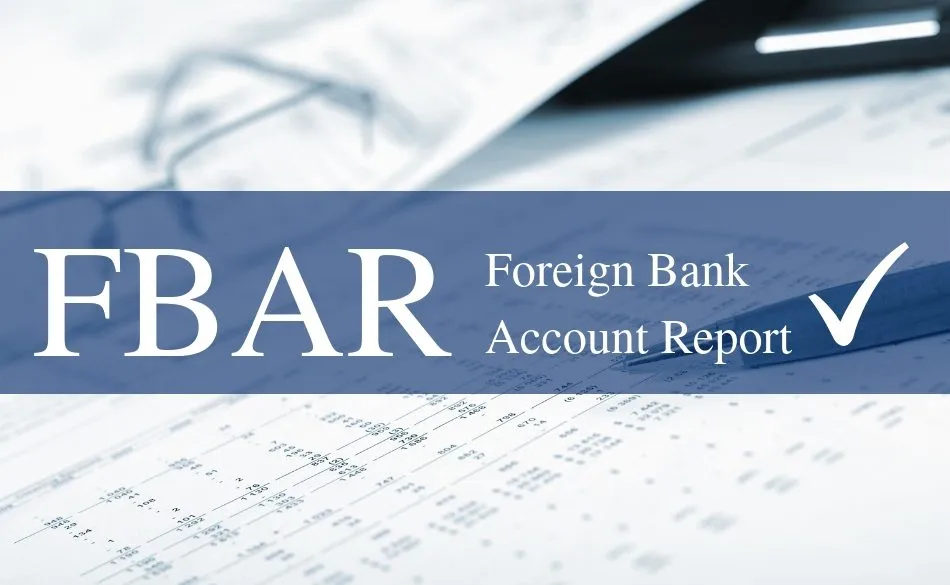 WhatsApp
WhatsApp
 Call Us
Call Us
 Email Us
Email Us
 Whatsapp Community
Whatsapp Community

Family trusts are widely used for succession planning and wealth management, especially in business families with Non-Resident Indian (NRI) members. However, banks are now closely monitoring and often blocking large transfers of funds, earnings, and shares from family trusts to NRIs. The reason? Suspected violations of FEMA (Foreign Exchange Management Act) regulations and attempts to bypass the Reserve Bank of India’s (RBI) remittance limits.
This increasing vigilance by banks has become a pressing concern for Indian families with members settled abroad. Let’s dive into the reasons behind this scrutiny and the steps you can take to avoid compliance issues.
As per RBI guidelines, resident Indians are allowed to gift money or assets to NRIs within strict limits:
Unlike individuals, trusts are not considered separate legal entities under Indian law. Many families have been accused of using trusts as a workaround to send amounts exceeding the RBI’s prescribed limits to NRI beneficiaries. Banks are increasingly flagging such transfers due to concerns over violations of FEMA regulations.
The RBI has consistently emphasized that transactions designed to circumvent FEMA regulations are prohibited. Any transfer to an NRI must be transparent and comply with the intent of the law. Banks and regulatory agencies are now keeping a close watch on:
Family trusts are a valuable tool for succession planning, wealth distribution, and NRI taxation, especially for global business families. They help ensure the smooth transfer of assets, reduce tax burdens, and manage intergenerational wealth effectively.
However, misuse of trusts to bypass remittance rules can lead to severe consequences, including legal challenges and blocked transactions.
If your family trust includes NRI beneficiaries, follow these best practices to ensure compliance with RBI and FEMA regulations:
Non-compliance with FEMA and RBI rules can result in:
Family trusts remain a critical tool for managing wealth and succession planning. However, with increased scrutiny by banks and regulators, it is crucial to adhere to FEMA guidelines and RBI regulations. Always seek expert advice to ensure your trust complies with the law, avoiding unnecessary delays or complications.
At Dinesh Aarjav & Associates, we specialize in NRI financial planning, FEMA compliance, and succession planning. If you are an NRI or part of a family trust, we can help you navigate complex regulatory requirements and ensure smooth wealth transfers.
📞 Contact us today for a consultation or visit our website at dineshaarjav.com for more insights on NRI financial regulations.
Stay updated with the latest NRI financial news, tax tips, and wealth management strategies by following our blog!







Stay in the loop, subscribe to our newsletter and unlock a world of exclusive updates, insights, and offers delivered straight to your inbox.